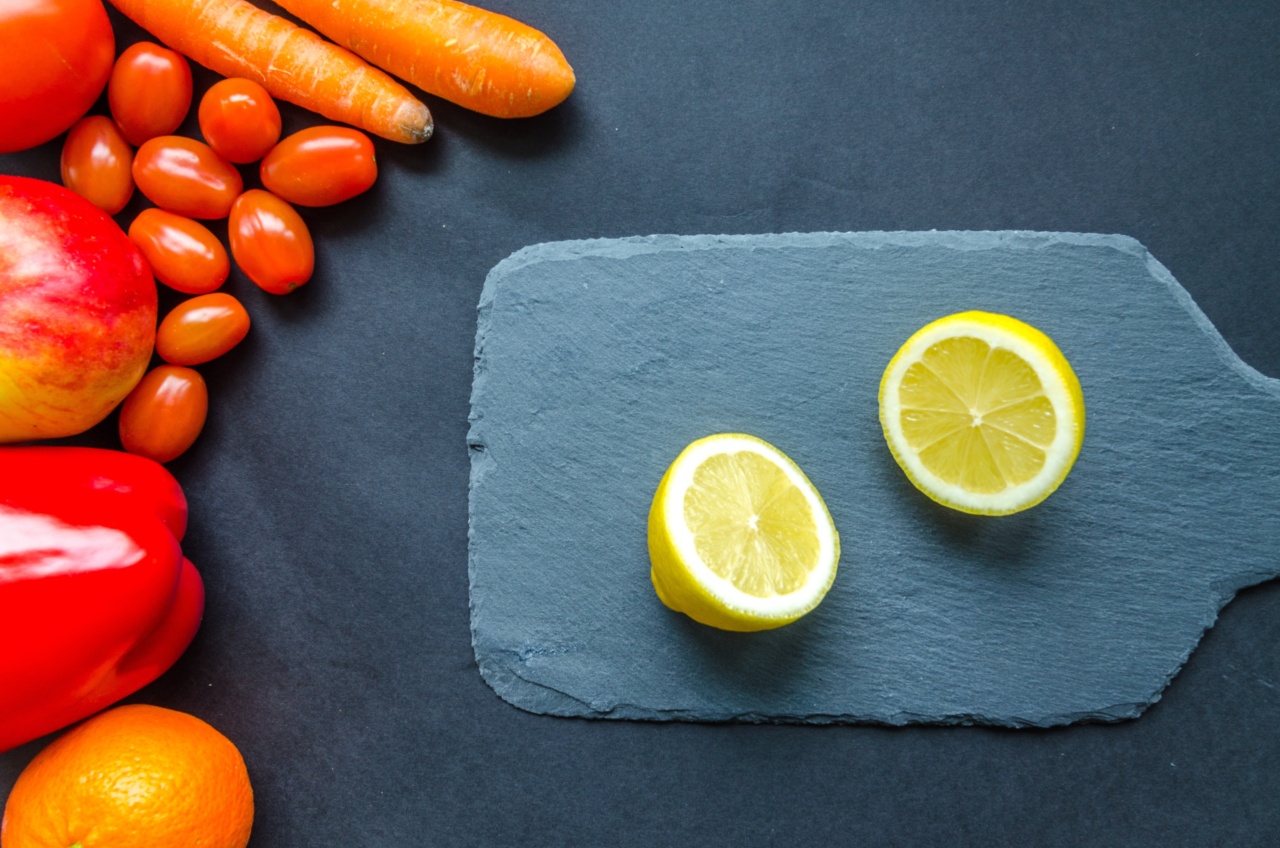Eating fruits and vegetables is essential for our well-being as they are rich sources of vitamins and minerals. Consuming fresh fruits and vegetables is the best way to avail the maximum health benefits.
However, improper storage and handling can lead to vitamin loss. In this article, we will discuss how to manage your fruits and vegetables to preserve their vitamins for optimal health benefits.
Choose the Right Storage Temperature
Proper storage temperature is crucial for preserving vitamin content in fruits and vegetables. Many vitamins are sensitive to heat and light. Hence, they break down quickly. In contrast, low temperatures can help to preserve them.
When storing your fruits and vegetables, it’s important to choose the right temperature.
Most fruits prefer a temperature range of 32-55°F, while vegetables prefer a range of 32-40°F. Fruits and vegetables release ethylene gas, which accelerates ripening and decay. Hence, it’s crucial to store fruits and vegetables separately.
Additionally, it’s advisable to store fruits and vegetables with different ripening stages separately to prevent the spread of ethylene gas.
Choose the Right Storage Environment
The storage environment is another crucial factor for preserving vitamin content. Moisture is one of the biggest enemies of fresh produce. When excess moisture accumulates around fruits and vegetables, it promotes the growth of mold and bacteria.
Hence, it’s important to store fruits and vegetables in a dry environment.
You can use a vegetable crisper in your refrigerator to keep fruits and vegetables dry. Alternatively, you can also lay them out on paper towels in a dry container.
Storing fruits and vegetables in a perforated plastic bag or wrapping them in paper towels can also help to absorb excess moisture.
Avoid Direct Sunlight
Direct sunlight can damage the vitamin content in fruits and vegetables. Many vitamins are sensitive to light and heat. When fruits and vegetables are exposed to direct sunlight, it can cause them to break down quickly, leading to vitamin loss.
Hence, it’s essential to store your fruits and vegetables away from direct sunlight.
You can store your fruits and vegetables in a dark, cool place, such as a pantry or cupboard. Alternatively, you can also use a paper bag to cover them or store them in a cloth bag. This will help to block out sunlight and preserve their vitamin content.
Consume Fresh Fruits and Vegetables
The best way to avail the maximum health benefits of fruits and vegetables is by consuming them fresh. Fresh fruits and vegetables not only taste better, but they also contain more vitamins and minerals.
When fruits and vegetables are harvested, they begin to lose their vitamin content. Hence, it’s crucial to consume them as soon as possible after harvesting.
If you can’t consume your fruits and vegetables immediately, store them in the refrigerator to preserve their vitamin content.
For example, if you have harvested fresh vegetables and want to consume them later, you can blanch them and store them in the freezer. This will help to preserve their vitamin content for longer.
Choose Seasonal Fruits and Vegetables
Choosing seasonal fruits and vegetables is another excellent way to avail maximum health benefits. Seasonal fruits and vegetables are fresh, and they contain higher vitamin content compared to imported ones.
When fruits and vegetables are imported, they undergo a lengthy transportation process that can cause them to lose their vitamin content. Hence, it’s essential to choose seasonal fruits and vegetables to avail their maximum health benefits.
Avoid Overcooking
Overcooking your fruits and vegetables can cause vitamin loss. Many vitamins are sensitive to heat. When fruits and vegetables are overcooked, it can cause their vitamin content to break down quickly.
Hence, it’s important to cook your fruits and vegetables for a limited time to preserve their vitamin content.
Steaming or microwaving your fruits and vegetables for a shorter period can help to preserve their vitamin content. Alternatively, you can also consume your fruits and vegetables raw if you are concerned about vitamin loss.
Use Proper Cutting Techniques
The way you cut your fruits and vegetables can also affect their vitamin content. Cutting your fruits and vegetables into small pieces can cause them to lose their vitamin content quickly.
When fruits and vegetables are cut, their exposed surfaces are exposed to air, light, and heat, which can cause vitamin loss. Hence, it’s important to cut your fruits and vegetables in the right way.
It’s advisable to cut your fruits and vegetables into larger pieces to reduce surface area exposure. Additionally, it’s also crucial to use a sharp knife or vegetable peeler to cut your fruits and vegetables.
A dull knife can damage your fruits and vegetables, leading to vitamin loss.
Conclusion
Proper storage and handling are crucial for preserving vitamin content in fruits and vegetables. By following the above tips, you can preserve the maximum vitamin content in your fruits and vegetables.
In turn, this will help you to avail their maximum health benefits and keep your body healthy and fit.





























